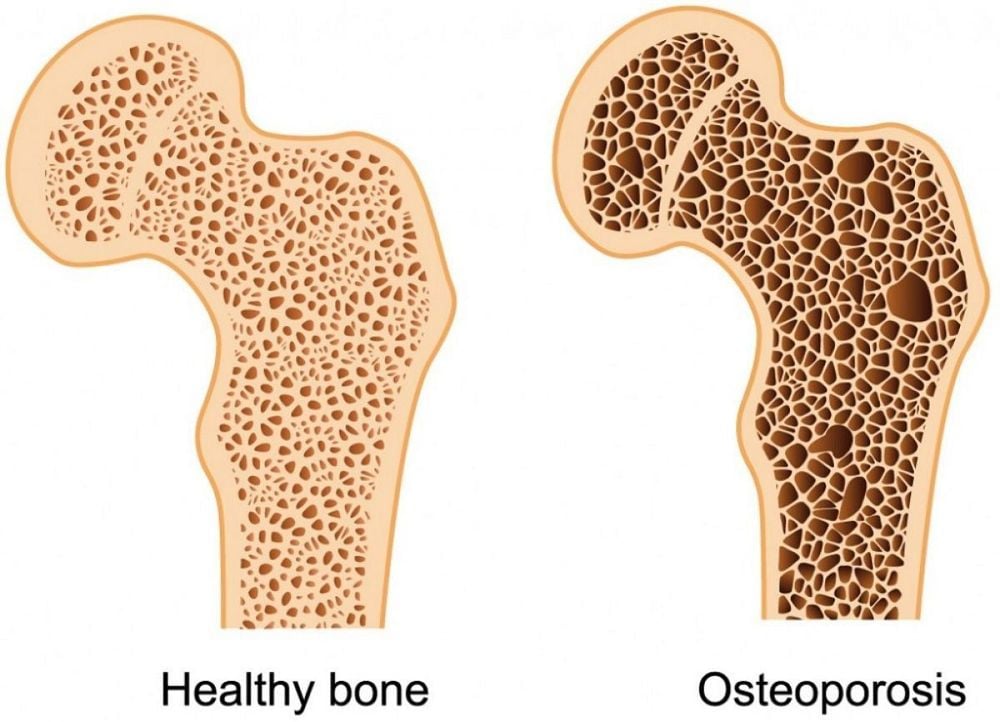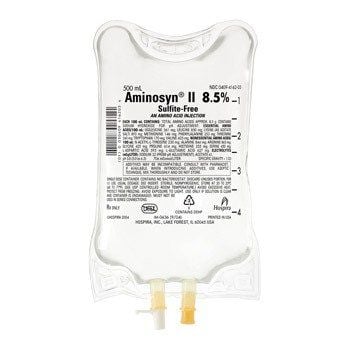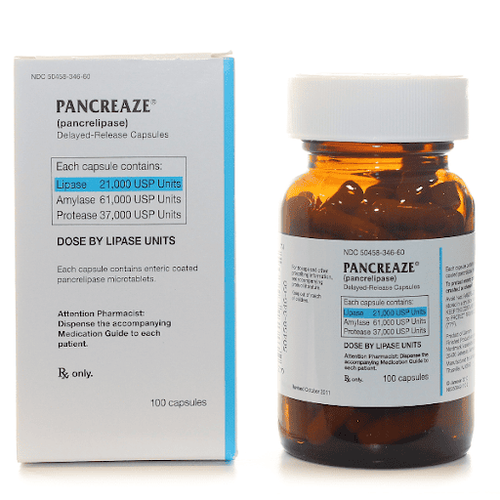This is an automatically translated article.
Whey protein is a popular supplement, but there is controversy surrounding the health benefits and harms of whey protein. Some people believe that excessive use of whey protein can harm the kidneys, liver, and even cause osteoporosis.
1. What is Whey Protein?
Whey protein is a popular supplement, especially in the bodybuilding enthusiast's diet. Whey protein is made from whey - the liquid separated during cheese making. The whey is then filtered, purified and dried into whey protein powder.
There are three main types of whey protein, including:
Whey protein concentrate: Contains about 70 - 80% protein, this is the most common type, high in lactose (lactose), fat and minerals; Pure Whey Protein: Contains at least 90% protein, contains less sugar and fat, and fewer beneficial minerals than whey concentrate; Hydrolyzed Whey Protein: Pre-digested, helping the body absorb faster. Whey protein is a familiar choice of athletes, fitness enthusiasts and want to build muscle or lose weight. Studies show that whey protein helps you recover faster from exercise, build muscle and improve strength, and even lose weight by suppressing appetite and boosting metabolism.
It is also a complete protein source, containing all the essential amino acids. Since the body cannot make these amino acids, they must be obtained from the diet.
How to use whey protein is as simple as mixing it with water or a smoothie. Despite the many health benefits, some people are also concerned about the harmful effects of whey protein. In general, whey protein is safe for most people, making it easy to add protein to the daily diet.

Whey protein đặc biệt tốt cho người tập gym
2. Digestive problems
Most of the harmful effects of whey protein are related to the digestive system. Some people are unable to digest whey protein and experience symptoms such as bloating, gas, stomach cramps and diarrhea... Most of these side effects are caused by lactose intolerance. ).
Lactose is the main carb source in whey protein. People who are lactose intolerant do not produce adequate amounts of the enzyme lactase, which is needed to digest lactose. This condition is quite common and can affect up to 75% of people worldwide. If you also have this syndrome, try switching to pure whey protein.
Pure whey protein isolate, significantly less fat and lactose than conventional concentrates. An effective and safe way to take whey for people with lactose intolerance is pure whey protein, or a non-dairy protein powder. Such as soy protein powder, pea, egg, rice or hemp protein.
3. Allergic conditions
Whey protein is derived from cow's milk, so people who are allergic to cow's milk may also be allergic to whey protein. However, cow's milk allergy is very rare in adults. By the age of 3, up to 90% of children with cow's milk allergy will recover spontaneously.Cow's milk allergy symptoms can include: hives, rash, swelling of the face, swelling of the throat and tongue, runny or stuffy nose... In some cases, this condition can cause Anaphylaxis - a violent and life-threatening reaction. As such, a cow's milk allergy, while rare in adults, can have serious consequences.
Care should be taken not to confuse an allergy to whey protein with lactose intolerance. Allergies occur when the body produces an immune response to a protein. Meanwhile, an intolerance is caused by an enzyme deficiency and has nothing to do with the immune system.
If you have a cow's milk protein allergy, try a non-dairy protein powder. Such as soybean meal, beans, eggs, rice or hemp. If you're not sure if your symptoms are caused by an allergy or intolerance, it's best to see your doctor for a checkup.

Whey protein có thể gây ra dị ứng, phát ban
4. The harmful effects of whey protein are misunderstood
4.1. Constipation and nutritional deficiencies
Constipation is not a common side effect of using whey protein. For some people, lactose intolerance can cause constipation due to poor bowel movements. However, constipation can also be caused by whey protein users eating fewer beneficial fruits and vegetables, especially on a low-carb diet.
Fruits and vegetables are an excellent source of fiber, which helps to form stools and promotes regular bowel movements. If you think whey protein is making you constipated, check to see if you're eating enough fruits and vegetables. You can also try taking a fiber supplement.
Those who want to lose weight should not replace their entire diet with whey protein. This can increase the risk of nutrient deficiencies. Natural food sources, especially fruits and vegetables, are rich in nutrients and contain many essential minerals for good health. Therefore, an effective way to drink whey must be combined with a balanced diet.
4.2. Damage to the kidneys
A high protein meal can increase pressure inside the kidneys, causing the kidneys to filter more blood than usual. However, this does not mean that protein will harm the kidneys. In fact, studies show that this is a normal bodily response and nothing to worry about.
Furthermore, there is no evidence that consuming too much whey protein will damage the kidneys of healthy individuals. High protein diets can only harm people with kidney disease.
So if you have kidney problems, it is best to consult your doctor about how to take whey effectively, avoiding making the disease worse. In contrast, healthy people can safely use this supplement.
4.3. Damage to the liver
Similar to kidneys, there is no evidence that whey protein will damage the liver of healthy people. In fact, the liver needs protein to repair itself and convert fats into lipoproteins, molecules that help get rid of liver fat.
A study of 11 obese women showed that taking 60 grams of whey protein reduced liver fat by 21% in 4 weeks. Moreover, protein also helps to reduce blood triglycerides by 15% and cholesterol by 7%.
However, consuming a high amount of protein can be harmful to patients with chronic cirrhosis. The liver helps to detoxify harmful substances in the blood, such as ammonia, a byproduct of protein metabolism. When the liver has cirrhosis, it will not be able to function properly. So, a high protein intake can increase blood ammonia levels, leading to an increased risk of brain damage.
If you have liver disease, consult your doctor before taking whey protein.
4.4. Risk of osteoporosis
Some people are concerned that too much protein can cause calcium to leak and increase the risk of osteoporosis, causing bones to become hollow and spongy. The high protein content makes the urine more acidic, they explain. Meanwhile, the body needs to release more calcium from the bones to buffer and neutralize the effects of acids.
However, new studies show that when calcium is lost, the body responds by increasing the absorption of calcium from the intestines. Scientists found no evidence that consuming too much protein harms bone health. In contrast, a high-protein diet is actually beneficial for bones. Research suggests that the elderly, who are prone to osteoporosis, should eat more protein to help maintain strong bones.

Whey protein không gây ra loãng xương
5. How to drink whey effectively
In general, consuming whey protein is safe and has no side effects. The recommended dosage is usually 1 - 2 scoops (25 - 50 grams) per day, but it's best to follow the directions on the package. Using more whey protein than recommended also doesn't provide much benefit, especially when you already have a high-protein diet.
If you experience unpleasant symptoms, such as: bloating, gas, cramps or diarrhea,... after taking whey protein, try switching to pure whey protein or non-dairy protein powder (eg. : soybeans, beans, eggs, rice or hemp).
Whey protein is one of the best and safe supplements for most people, helping to build strength and build muscle or lose weight. However, the harmful effects of whey protein are digestive problems in people with lactose intolerance and allergic reactions in children allergic to cow's milk. If you experience unusual symptoms, try a different whey protein substitute or non-dairy protein powder and consult your doctor before use.
Not only famous for its modern facilities that are standard in the medical examination and treatment process, but at Vinmec International General Hospital, there are also a team of doctors and nurses who have performed surgery to treat many difficult and complicated cases. . In particular, doctors are ready to listen, advise and treat diseases as well as advise on good nutrition and food for all ages according to the individual needs of customers.
Customers can directly go to Vinmec Health system nationwide to visit or contact the hotline here for support.
References: healthline.com, medicalnewstoday.com, webmd.com













